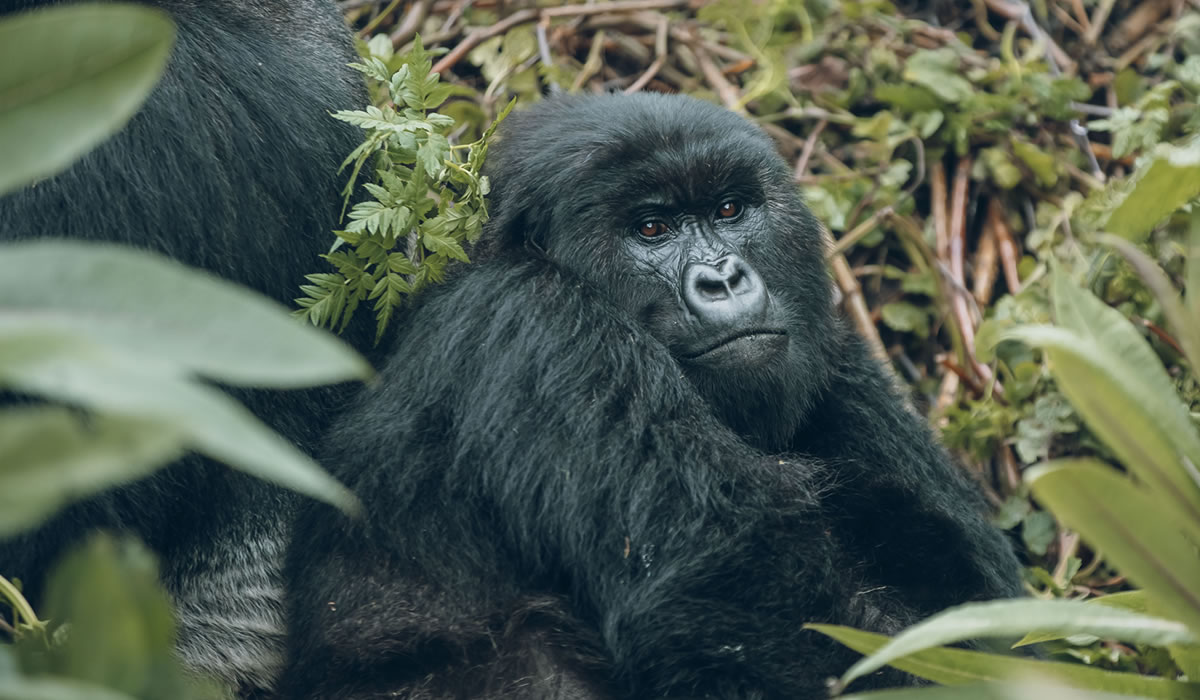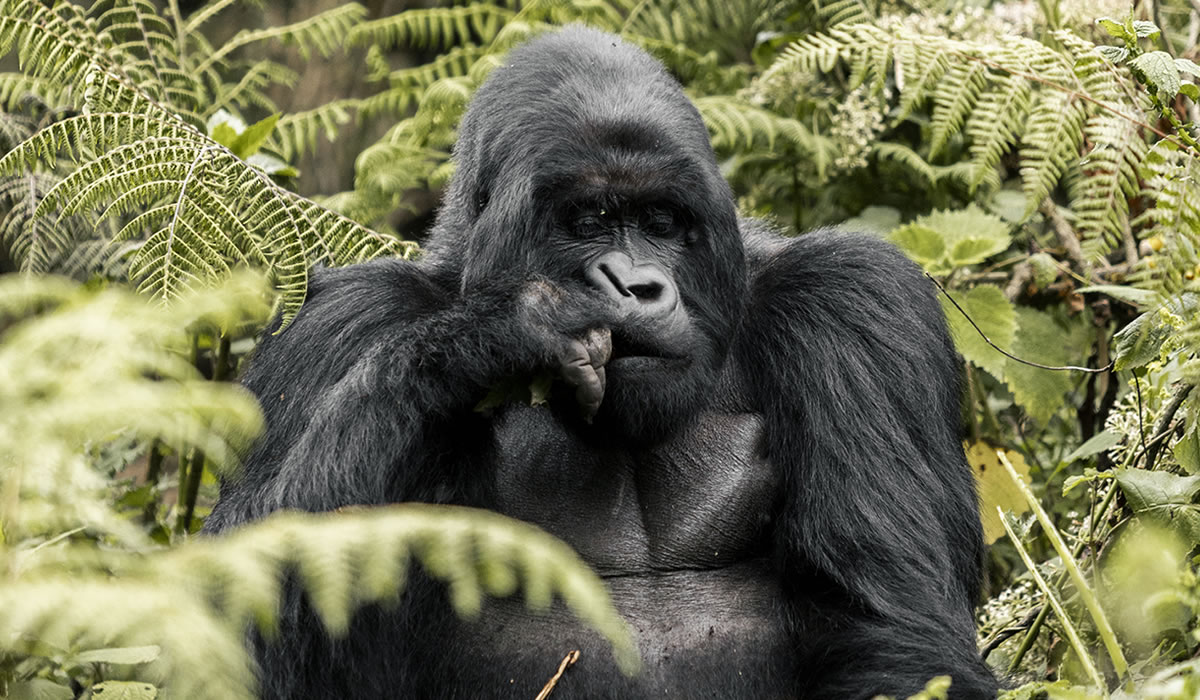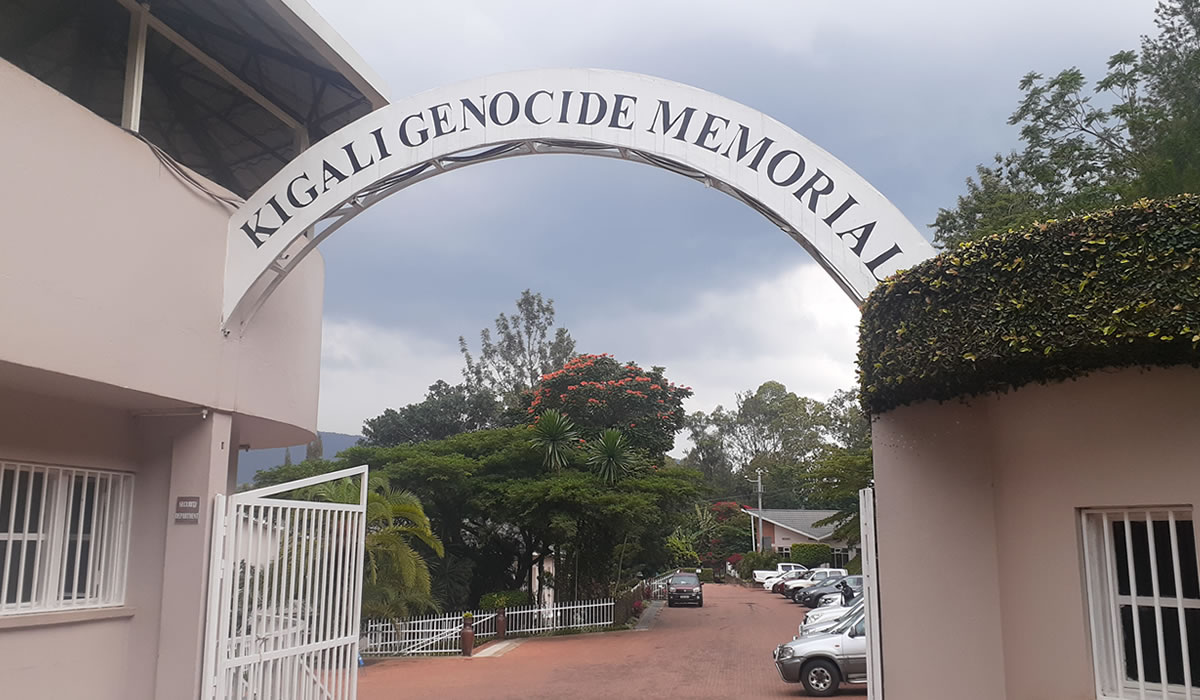Gorilla trekking in Rwanda is one of the most extraordinary wildlife experiences on Earth. Nestled…
Gorilla Trekking in Bwindi Impenetrable National Park
Gorilla trekking in Bwindi Impenetrable National Park is one of the most extraordinary wildlife experiences on the planet. Nestled in the southwestern corner of Uganda, this UNESCO World Heritage Site is home to nearly half of the world’s remaining mountain gorillas, making it a premier destination for primate enthusiasts, conservationists, and adventure travelers alike. With its dense rainforest, rich biodiversity, and deeply rooted cultural heritage, Bwindi offers a rare opportunity to witness the majestic mountain gorillas in their natural habitat while supporting vital conservation efforts.
Bwindi Impenetrable National Park spans approximately 321 square kilometers and is part of the larger Bwindi Impenetrable Forest ecosystem. The park’s rugged terrain, characterized by steep hills, thick vegetation, and mist-covered canopies, creates a dramatic backdrop for gorilla trekking. Despite its challenging landscape, Bwindi is accessible year-round and offers a variety of trekking experiences across four main sectors: Buhoma, Ruhija, Rushaga, and Nkuringo. Each sector hosts habituated gorilla families and provides unique trekking routes, accommodation options, and cultural encounters.
The gorilla trekking experience begins early in the morning at one of the park’s headquarters, where visitors receive a briefing from Uganda Wildlife Authority (UWA) rangers. Trekkers are grouped into small teams of up to eight people and assigned to a specific gorilla family. The trek itself can last anywhere from one to six hours depending on the location of the gorillas, and the journey involves navigating through thick undergrowth, crossing streams, and ascending steep slopes. While physically demanding, the reward is unparalleled: an hour spent in the presence of mountain gorillas, observing their behavior, interactions, and sheer presence.
Mountain gorillas are gentle giants, known for their intelligence, social structure, and striking resemblance to humans. With only about 1,063 individuals left in the wild, every encounter is a privilege. Bwindi is home to over 35 known gorilla groups, with 17 habituated for tourism and research purposes. Habituation is a process that gradually acclimates gorillas to human presence, allowing for safe and respectful observation. During the trek, visitors are required to maintain a distance of at least seven meters from the gorillas, avoid flash photography, and follow the guidance of rangers to ensure minimal disturbance.
One of the most compelling aspects of gorilla trekking in Bwindi is the emotional connection many visitors feel during their encounter. Gorillas often display curiosity, empathy, and even recognition, creating a profound sense of kinship. Whether it’s a silverback calmly surveying his surroundings or a playful juvenile swinging through the trees, these moments leave an indelible mark on the hearts of those who witness them.
Gorilla trekking permits in Bwindi cost $800 per person per trek, and the revenue supports conservation initiatives, community development, and park maintenance. Permits must be booked in advance, especially during peak seasons, June to September and December to February when demand is high. These dry months offer the best trekking conditions, with less rainfall, clearer trails, and improved visibility. However, Bwindi’s rainforest climate means that showers can occur at any time, so trekkers should come prepared with waterproof gear, sturdy hiking boots, and layered clothing.
Beyond gorilla trekking, Bwindi Impenetrable National Park boasts a rich tapestry of biodiversity. The forest is home to over 120 mammal species, including forest elephants, duikers, and primates such as chimpanzees and L’Hoest’s monkeys. Birdwatchers will be delighted by the park’s avian diversity, with more than 350 recorded bird species, including 23 Albertine Rift endemics like the African green broadbill and Shelley’s crimsonwing. The park also harbors over 1,000 plant species, making it a haven for botanists and nature lovers.
Cultural experiences are an integral part of a visit to Bwindi. The Batwa people, indigenous forest dwellers who once lived in harmony with the gorillas, offer guided cultural tours that provide insight into their traditional lifestyle, music, and medicinal practices. These encounters not only enrich the visitor experience but also empower the Batwa community through sustainable tourism. Many lodges and tour operators collaborate with local artisans, farmers, and performers to create immersive and ethical travel experiences.
Accommodation options around Bwindi range from budget-friendly guesthouses to luxury eco-lodges, catering to diverse traveler preferences. Popular lodges include Buhoma Lodge, Clouds Mountain Gorilla Lodge, and Mahogany Springs, each offering comfortable amenities, scenic views, and proximity to trekking starting points. Many lodges also contribute to conservation and community projects, allowing guests to support meaningful initiatives during their stay.
For travelers seeking a deeper connection with the gorillas, Bwindi offers a unique Gorilla Habituation Experience. Unlike standard treks, this program allows visitors to spend up to four hours with a gorilla group undergoing habituation. Led by researchers and rangers, the experience provides a behind-the-scenes look at gorilla behavior, tracking techniques, and conservation challenges. While more expensive currently priced at $1,500 per person, the habituation experience is ideal for photographers, researchers, and passionate wildlife enthusiasts.
Planning a gorilla trekking safari in Bwindi requires careful consideration of logistics, health precautions, and ethical practices. Visitors should be in good physical condition, as the treks can be strenuous. It’s also essential to carry a valid passport, as identification is required at the park headquarters. Vaccinations for yellow fever and COVID-19 may be mandatory, and travelers are advised to consult their healthcare providers before departure. Travel insurance that covers medical emergencies and trip cancellations is highly recommended.
Responsible tourism is at the heart of Bwindi’s conservation model. Tourists are encouraged to minimize their environmental footprint by avoiding single-use plastics, respecting wildlife, and supporting local businesses. Hiring a porter not only eases the physical burden of the trek but also provides income to community members. Every visit contributes to the protection of mountain gorillas and the preservation of their fragile ecosystem.
In conclusion, gorilla trekking in Bwindi Impenetrable National Park is a transformative journey into one of Africa’s last great wildernesses. It’s a chance to stand face-to-face with our closest relatives, to witness their grace and resilience, and to contribute to their survival. Whether you’re drawn by the thrill of adventure, the call of conservation, or the allure of connection, Bwindi offers an experience that transcends travel. It’s not just a trek it’s a pilgrimage into the heart of nature, a celebration of life, and a testament to the power of coexistence.




